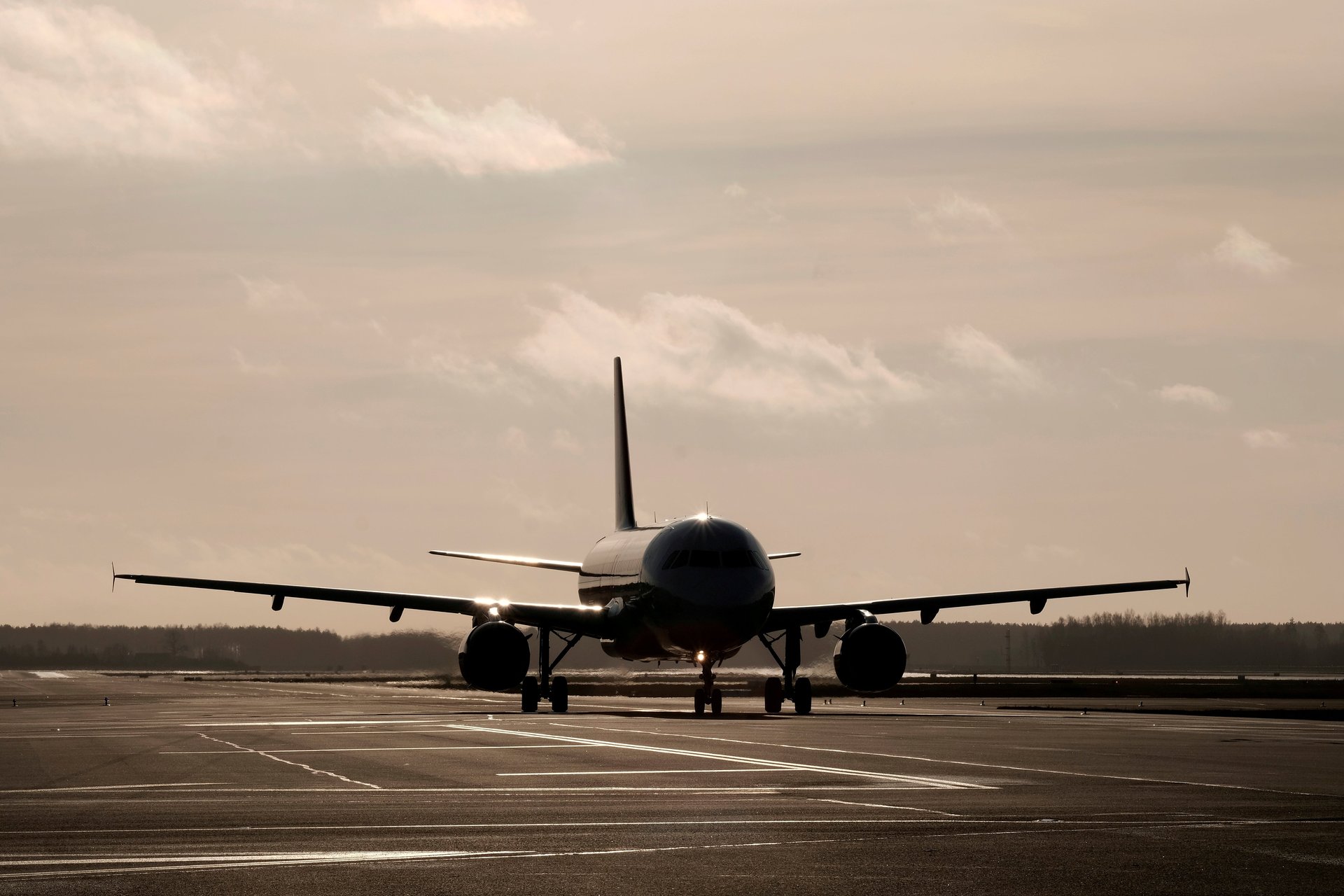Boeing’s troubles mean Airbus should be soaring—here’s why it isn’t
Next month will mark one year since the second fatal Boeing 737 Max 8 crash—the tragedy that sparked an annus horribilis for the US plane manufacturer. In the less than 12 months since, it has lost orders, its CEO, and investor and consumer confidence alike.


Next month will mark one year since the second fatal Boeing 737 Max 8 crash—the tragedy that sparked an annus horribilis for the US plane manufacturer. In the less than 12 months since, it has lost orders, its CEO, and investor and consumer confidence alike.
For its arch-rival, Airbus, this spell of misfortune should have been a golden opportunity. With Boeing careening from one crisis to the next, now is the ideal time for the company based in Toulouse, France, to soar. The two manufacturers dominate the sector, together commanding 99% percent of the large plane market.
While its 2019 orders far outstripped Boeing’s, sales were still down from a year earlier. A combination of slowing economic growth, rising trade tensions, and self-inflicted problems that have prevented Airbus from capitalizing on its spot at the top.
Its most recent problem has been a long time coming. Last week saw the conclusion of a nearly four year investigation into Airbus by authorities in France, the UK, and the US, which revealed widespread corruption and bribery. The company reached a deal to settle allegations it paid bribes to land deals with airlines across China, Taiwan, and Malaysia, among other countries. Of the 406 aircraft purchased by AirAsia and AirAsia X between 2005 and 2014, 180 were secured “by way of improper payments, and the offer of a further improper payment.” The company must now pay a €3.6 billion ($4 billion) fine to European and US regulators.
Harder to resolve are its ongoing headaches along the production line. It is producing barely 700 A320neo jets a year, despite a backlog of more than 6,000. Airlines ordering the planes now—the most obvious substitute for the 737 Max 8—must wait a minimum of nine years to receive them. In late October, it was forced to slash its delivery goal for the year, due to ongoing troubles and delays from engine manufacturers. This has a considerable effect on cash flow: plane manufacturers are usually paid when they deliver their planes, rather than when they are ordered.
Airline bosses, who might ordinarily be clamoring for Airbus planes, have instead grown jaded by their repeated missed deadlines. At last year’s Paris airshow, Willie Walsh, the outspoken CEO for British Airways’ parent company, the International Airlines Group, placed a $24 billion order for 200 737 Maxes, despite the fact that it is not known when—or if—they will fly again. “[It] should be an indication not just to Airbus but to everybody that we’re unhappy with their performance,” Walsh said, at the time. “I know everybody interprets it as an issue of price, it’s not.” (Boeing reportedly offered the airline a special deal on the grounded planes.)
The manufacturer also continues to grapple with the fall-out from a 15-year dispute over illegal subsidies, which led to the World Trade Organization last year granting the US permission to place tariffs on Airbus aircrafts, alongside other European goods.